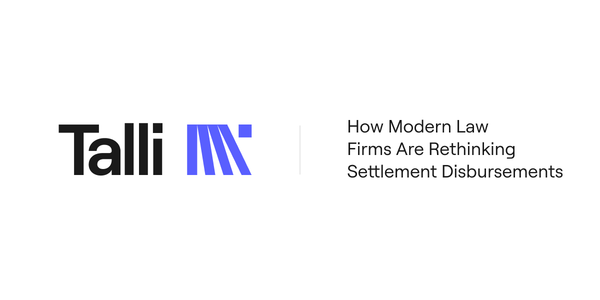Starting with the End in Mind
Introduction
The ultimate goal of class action settlements is to ensure that settlement funds reach the right claimants efficiently and accurately. With the rise of digitalisation and artificial intelligence (AI), there is an opportunity to improve the customer experience in class action settlements; but what defines a great customer experience in the context of the end-to-end class action settlement process?
Currently, the class action process often leads to frustration due to common issues such as lengthy procedures, lack of transparency, technical jargon, and complications in receiving settlement funds.
Exceptional Claimant Experience
To achieve an exceptional customer experience within a class action settlement, certain core principles must be adhered to, as discussed below.
Clear and timely communication
Claimants should receive frequent updates about the status of their case. These communications must be clear and understandable, avoiding legal jargon wherever possible. Studies have shown that 84% of customers believe that clear communication can improve customer satisfaction by up to 30%. This transparency helps claimants feel more assured that they will receive their due settlements promptly.
A user-friendly submission process
Claimants should encounter straightforward and easy-to-fill-out forms, supported by a robust assistance infrastructure, including customer service hotlines, FAQs, and AI chatbots. For instance, a class action settlement managed by Linklaters saw a reduction of 20–30% in submission errors after implementing AI-driven support systems. A simplified submission process ensures that all eligible claimants can successfully file their claims without unnecessary delays.
Efficient processing and resolution
Minimising the time taken to process claims and distribute settlements is crucial. Technology should be utilised to automate as many processes as possible, reducing manual errors. If a process cannot be fully automated, it should be augmented with AI to enhance efficiency and accuracy. According to a report by McKinsey & Company, automation can cut processing times by 50% and reduce errors by 35%. This efficiency is vital to ensure that settlement funds reach the right claimants swiftly.
Fair and equitable settlements
The criteria for claim eligibility and settlement amounts should be clearly outlined. Additionally, a fair and accessible process for claimants to appeal decisions is essential. Legal experts suggest that transparency in these criteria can lead to higher claimant trust and engagement up to 30%. Clear criteria and fair processes guarantee that the right claimants receive the appropriate settlement amounts.
Digital disbursement
Digital payment processing should allow claimants to choose their preferred payment method at the time of distribution. Exceptional customer service must be provided throughout the payment lifecycle. For example, A/B Data reported that 20% of cheque distributions remain unbanked and require additional distribution rounds. Digital disbursement methods enhance the accuracy and speed of delivering settlement funds to claimants.
Post-settlement support
Resources or referrals for financial advice on managing settlement funds should be offered, supported by ongoing communication to keep claimants informed about any legal developments or additional settlements. A survey by FinanceAdvisors found that 28% of claimants felt more secure managing their funds with access to financial advice and communication. Providing post-settlement support ensures that claimants can effectively utilise the settlement funds they receive.
Conclusion
Positive feedback from claimants is typically received when their interactions and overall experience with the settlement process were positive. Achieving this involves ensuring that a range of variables are addressed, including ease of use, efficiency, friendliness, consistency, engagement, problem resolution, and value creation. Central to this is the assurance that settlement funds are accurately and efficiently distributed to the rightful claimants.
An exceptional end-to-end experience throughout the class action lifecycle requires high levels of performance from both the Class Administrator and the Digital Payments provider. This demands close collaboration and a willingness to embrace digital and AI opportunities to create an outstanding claimant experience.
Future Outlook
Looking ahead, the integration of AI and digital solutions in legal processes will likely continue to grow. Staying ahead of these trends by continuously innovating and improving claimant experiences will be crucial. Experts predict that the next wave of digital transformation will include even more personalised and real-time support, further enhancing claimant satisfaction and efficiency, with the market projected to grow at a Compound Annual Growth Rate (CAGR) of 16.8%.

